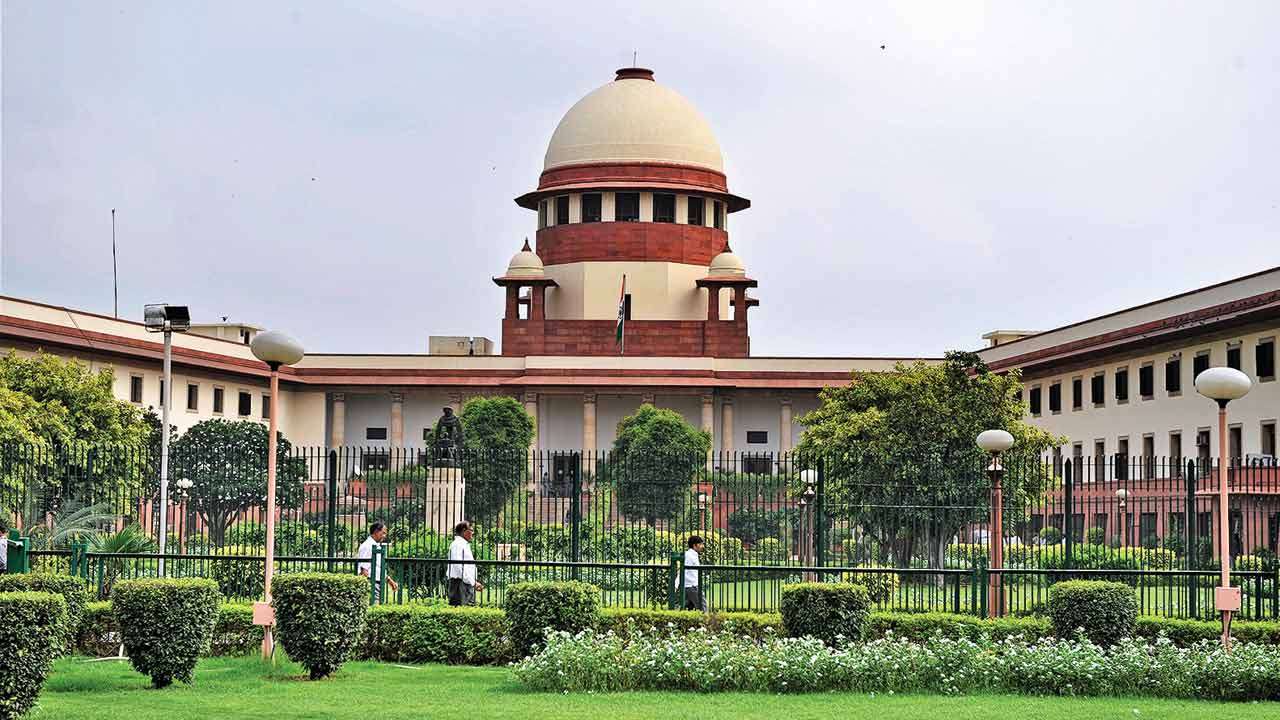
Earlier this month, the Supreme Court of India apparently decided in favour of Monsanto – a big multinational seed company now owned by the huge German multinational Bayer – in the BT cotton seeds case, which has been in the eye of the storm for a very long time in India.
This is a dispute which has been going on between the big associations of Indian farmers and activists claiming the rights to own, save and transfer seeds, and as contested by the multinational seed companies that every time the farmers sow seeds, they must buy seeds from them. Monsanto has been the leader in this field and has faced number of serious court proceedings even in the United States. Thus, Monsanto is not new to litigation and can be considered to be an expert player in asserting its rights in a legal manner, according to the rules of the game of the concerned jurisdiction. In India, the strong political, social and media frenzy regarding issues related to farmers and crops very often takes away any such discussion from the required legal focus to highly emotional and charged topics, usually the favourite agenda of political leaders and propagandists.
Do the farmers not have the right to save seeds from their own crops? They do have this right but in the traditional and conventional context.
For ages the farmers in India and elsewhere in the world have the right to save and exchange seeds, however, with growing technology – which is protected and commercially exploited legally with the help of patents – it became possible to work on seeds which can be heavily resistant to diseases, weeds, pests, insects, etc. In other words, the technologically improved seeds result in crops which are stronger, tougher, sturdier, and produce better yield. This is surely better for farmers in India, who usually struggle with economically unviable small land holdings and are heavily dependent on rainfall, besides facing so many problems of credit, middlemen, and highly fluctuating market prices. Farming in India is characterised by enormous uncertainties. In such a charged environment, it is quite obvious that various claims shall be made by different players involved in the case, however, the Supreme Court's decision may not be inferring all that.
What the Supreme Court has decided is to send back the matter to the High Court for a fair hearing. The Supreme Court judgment mentions a number to times that the case regarding patent infringement, patentability, seed patents, etc. are complex and cannot be decided in summary proceedings. Very true! There are other issues of trademark, farmers' rights, license fee, price control, etc. which make the matter – legally speaking only, without mixing emotions – more and more complex. It is surprising, and really a sorry state of affairs, that the sub-license agreement which was entered into 2004 – just before the entire product patent law came into force in 2005 – has been honoured by the parties concerned without clarity about the legal and factual matters. Even after the termination of this agreement in 2015, the matter has been through several legal forums – single judge bench in the High Court, division bench in the High Court, Supreme Court, and again back to the High Court – and yet there is no clarity on the matter.
When the government decided to be tough on the pricing and regulated it by price control mechanism – international treaties legally allow this – the business model for seed companies holding patents, read Monsanto, got rocked. And, legal recourse became the only logical and plausible route to take. The legal rigmarole is really not serving the purpose – there is no clarity on seed patents, patentability, and related issues leaving the market rife with speculation, rumours, and false and unverified comments. Different players are making contradictory claims – suiting their own interests – about the Supreme Court judgment, which is simply not conclusive and final. More is yet to come.
This judgment is, therefore, not path-breaking but a step in that direction. Finality on the issue of seeds is still to be reached.
Anurag K Agarwal, Indian Institute of management Ahmedabad